Keywords: Welfare
There are more than 200 results, only the first 200 are displayed here.
-
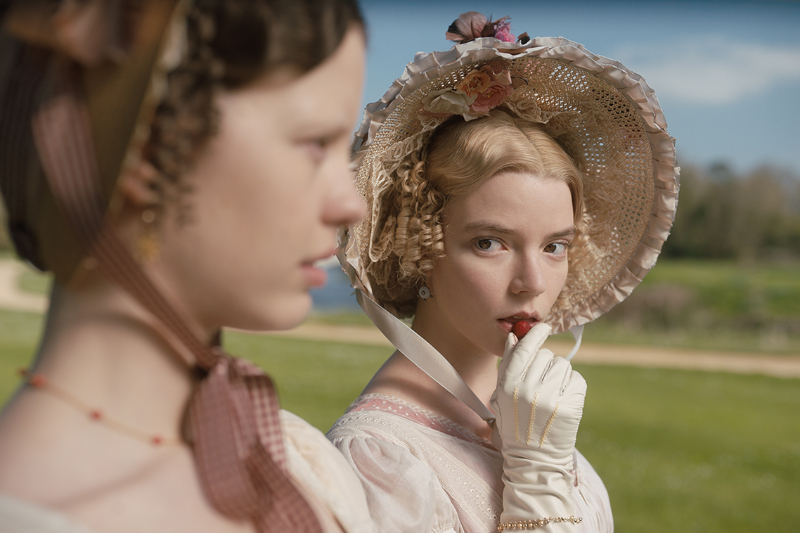
ARTS AND CULTURE
- Andrew Hamilton
- 02 February 2022
11 Comments
Jane Austen’s exploration of a narrow social world illuminated issues central to public life in our own world. In particular, the importance of character in building harmony in her domestic world raised questions about its place, presence, and importance in political life today.
READ MORE 
-
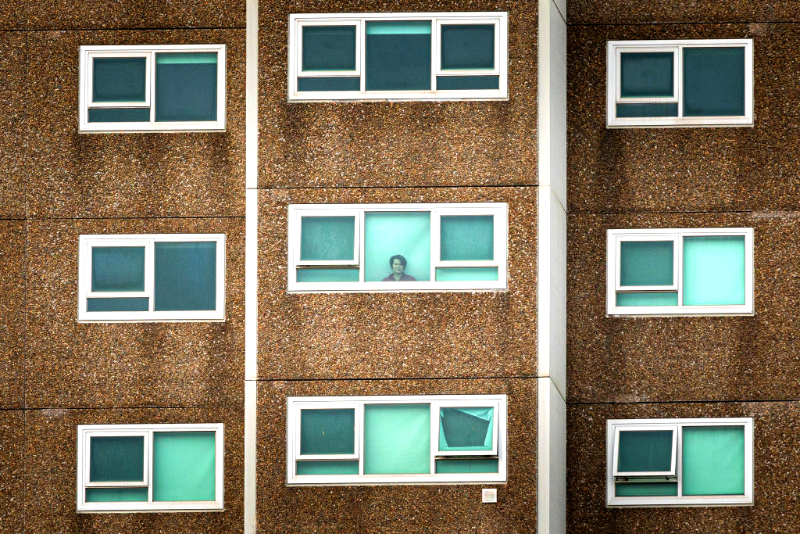
AUSTRALIA
- Brigid Meney
- 31 January 2022
18 Comments
When COVID-19 first arrived, it was described as the great equaliser. Infection could happen to anyone. Your race, creed, or the balance of your bank account didn’t matter to the virus that was spreading. But after a summer of dodging the virus and hunting for rapid tests, it is abundantly clear this isn’t a pandemic of equals. Now we have the data which quantifiably measures just how Australia's socio-economic fault lines were exposed and exacerbated by COVID-19.
READ MORE 
-

AUSTRALIA
- Justin Glyn
- 27 January 2022
12 Comments
In the early part of the twentieth century, Francis Galton (a cousin of Charles Darwin) used the latter’s work to argue that human breeding stock could be improved. He would weed out the weakest and the less able and produce a sturdier race. Until recently, the crematoria of Hitler’s death camps were enough to remind most that this was not an idea consonant with actual human flourishing.
READ MORE 
-
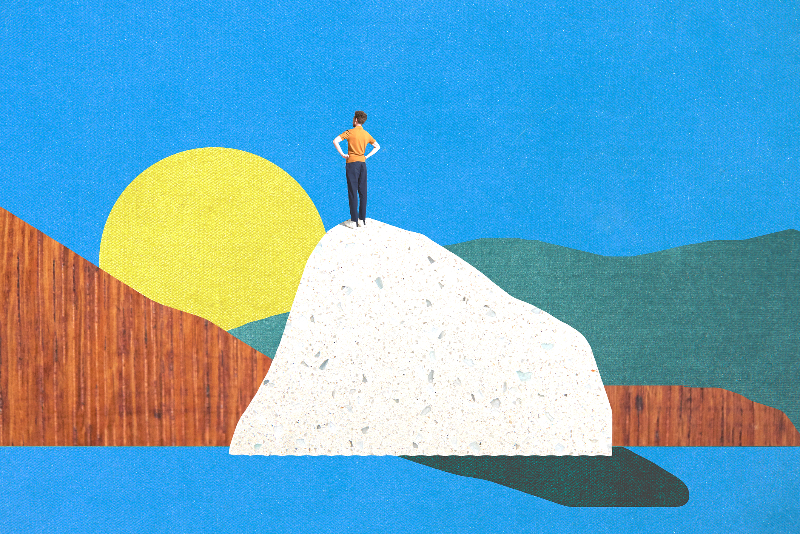
ARTS AND CULTURE
- Barry Gittins
- 14 January 2022
4 Comments
We’ve been in a pressure cooker, these past two years. More than a score of historians had memorably described 2020 as the sixth-most ‘stressful year ever’. Predictions and speculations look ahead; I looked at the past trends of the past two years and make these humble observations. With the stage set for dire times, here are six trends to look for in 2022. Here’s hoping.
READ MORE 
-
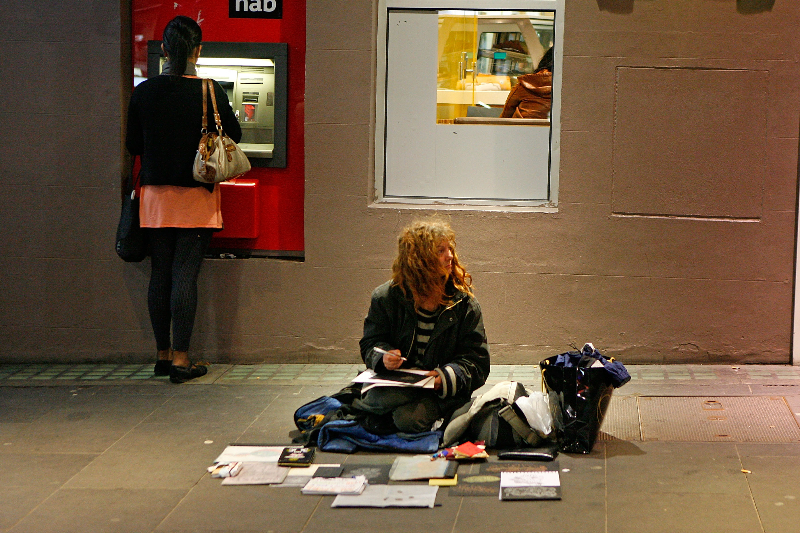
ECONOMICS
- John Falzon
- 04 January 2022
7 Comments
When you put rising housing costs alongside stagnating wages, an alarming trend in normalising insecure work, persistent unemployment and underemployment, and statutory incomes that are going backwards in real terms, there’s good reason to be deeply worried about an increase in homelessness.
READ MORE
-
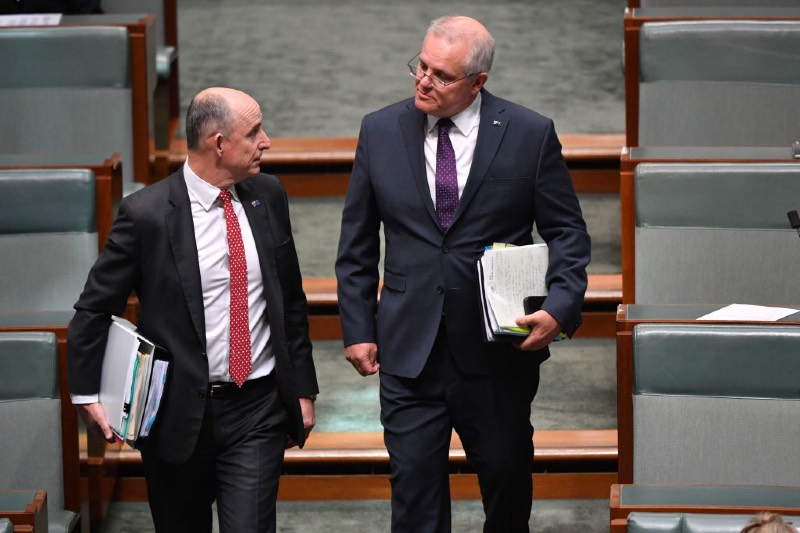
MEDIA
- Anthony N Castle
- 04 January 2022
5 Comments
At this point, the media cycle is mostly internal, and while the media is talking to itself, Scott Morrison is talking to a rapidly growing base with significant resources. The devil isn’t in the headline here, the devil is in the detail, in the appeal itself.
READ MORE
-

RELIGION
- Andrew Hamilton
- 16 December 2021
19 Comments
Christmas is always a mixture of nostalgia, weariness, connection and hope. This year the strands that compose it are even more tangled. We hope to return to the pre-Covid normal of celebration without anxiety. We look forward to the New Year as a gate to freedom to travel, work and plan our lives without hindrance. At the same time, however, our plans are conditional. We realise that Covid has not left us, and that its mutations may lead to more interruptions and restrictions.
READ MORE 
-
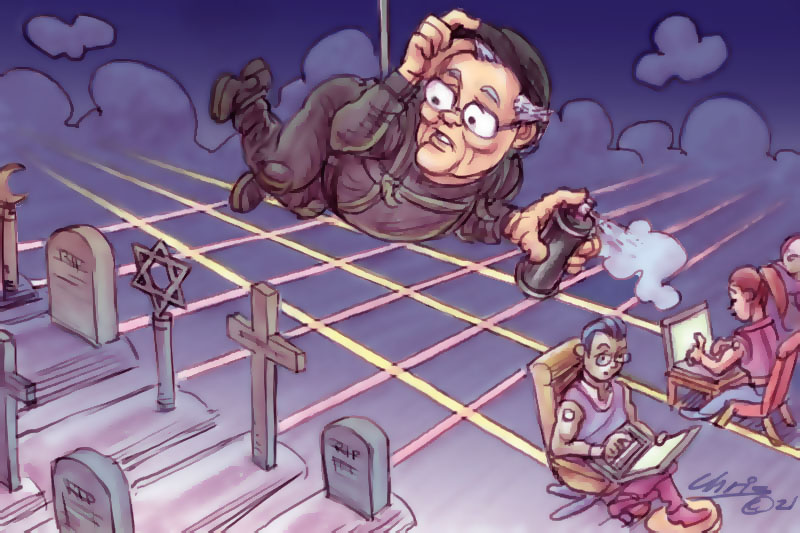
AUSTRALIA
- Tim Dunlop
- 15 November 2021
8 Comments
The experience of the Covid-19 pandemic has been like the aerosol used in those heist movies, where the cat burglar breaks into the museum and sprays the air to reveal the invisible lines of power that criss-cross the space between the door and cabinet where the treasure is kept.
READ MORE 
-

AUSTRALIA
- Andrew Hamilton
- 04 November 2021
13 Comments
In large organisations love hardly rates a mention. Mission statements highlight care, duty, responsibility and friendliness, but not love. Love is generally seen as an interrupter, combustible, something to fence in with protocols and professional standards, and for HR to monitor. When Pope Benedict XVI devoted an Encyclical to the place of love in public relationships, people were surprised. His argument is worth revisiting.
READ MORE 
-
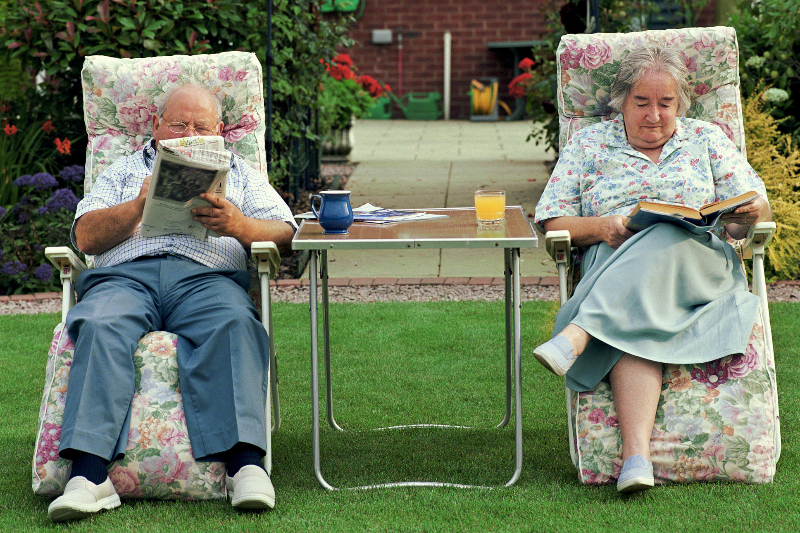
ARTS AND CULTURE
- Ugo Rotellini
- 11 October 2021
1 Comment
The neighbour says, So sorry. And sir, / you are the last paesano on this street. / Maria you promised me. I could go first. / Ti perdono, I forgive you, amore mio. / I sit in our backyard under lemon shade, amongst / the hens tomato plants and capsicums. I fall into each / wishful memory. We danced, those ad-hoc strolls / and laughter, you hummed our favourite songs.
READ MORE 
-
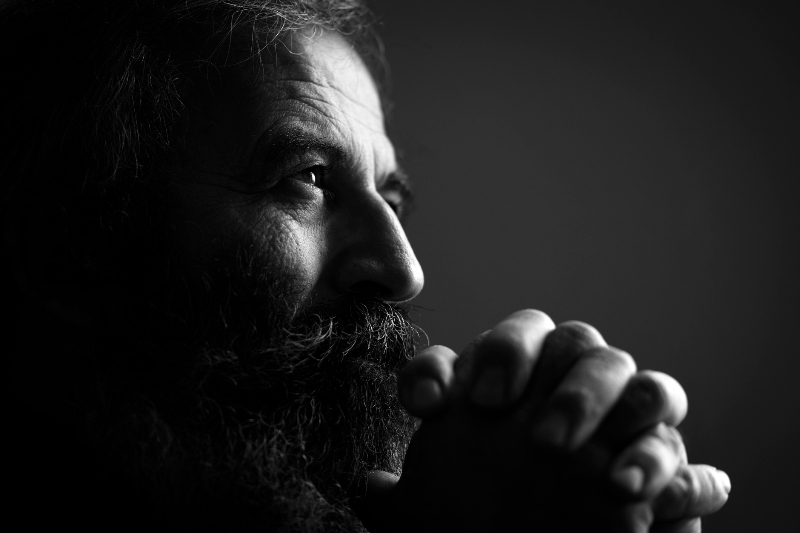
AUSTRALIA
- Barry Gittins
- 09 September 2021
1 Comment
What does it take to lose hope? For the 4,000 people who attended the anti-lockdown protests in Melbourne last month, an odd coalition of the frustrated, the scared, the angry and the hurt, it takes 18 months of pain and the ensuing changes in employment status, isolation from family and friends, and losses in lifestyle and individual liberties.
READ MORE 
-
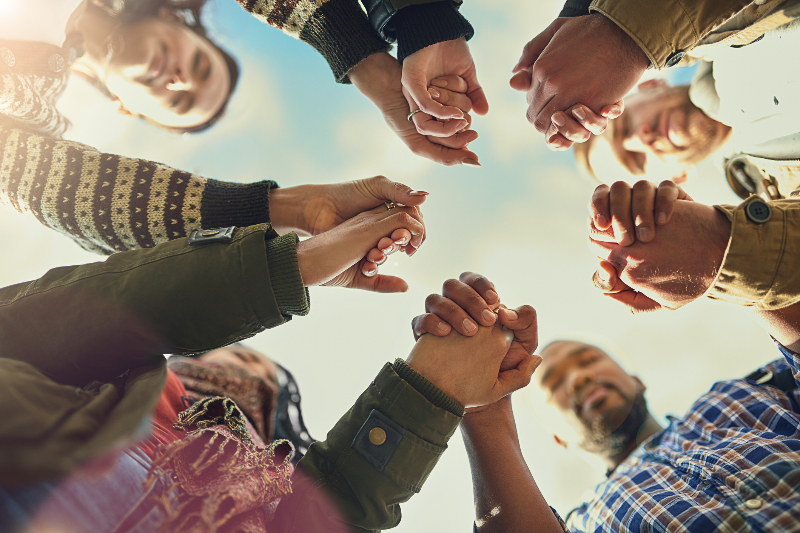
RELIGION
- Andrew Hamilton
- 09 September 2021
24 Comments
In recent weeks the value of human life has become a topic of public conversation in different contexts. Proposed legislation on abortion and assisted dying has continued to focus attention on it. Debate about loosening COVID restrictions has also balanced the risk of death from the disease with risks to health and economic welfare from lockdowns. In Afghanistan the victory of the Taliban has again raised questions about the morality of the war and the killing involved by both sides.
READ MORE 